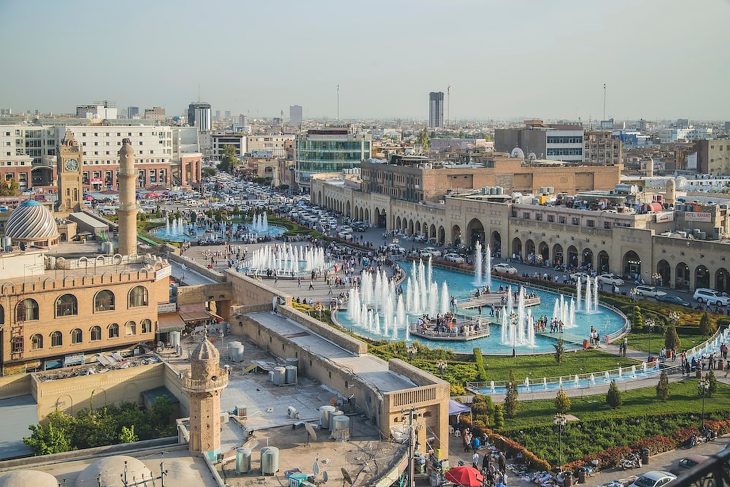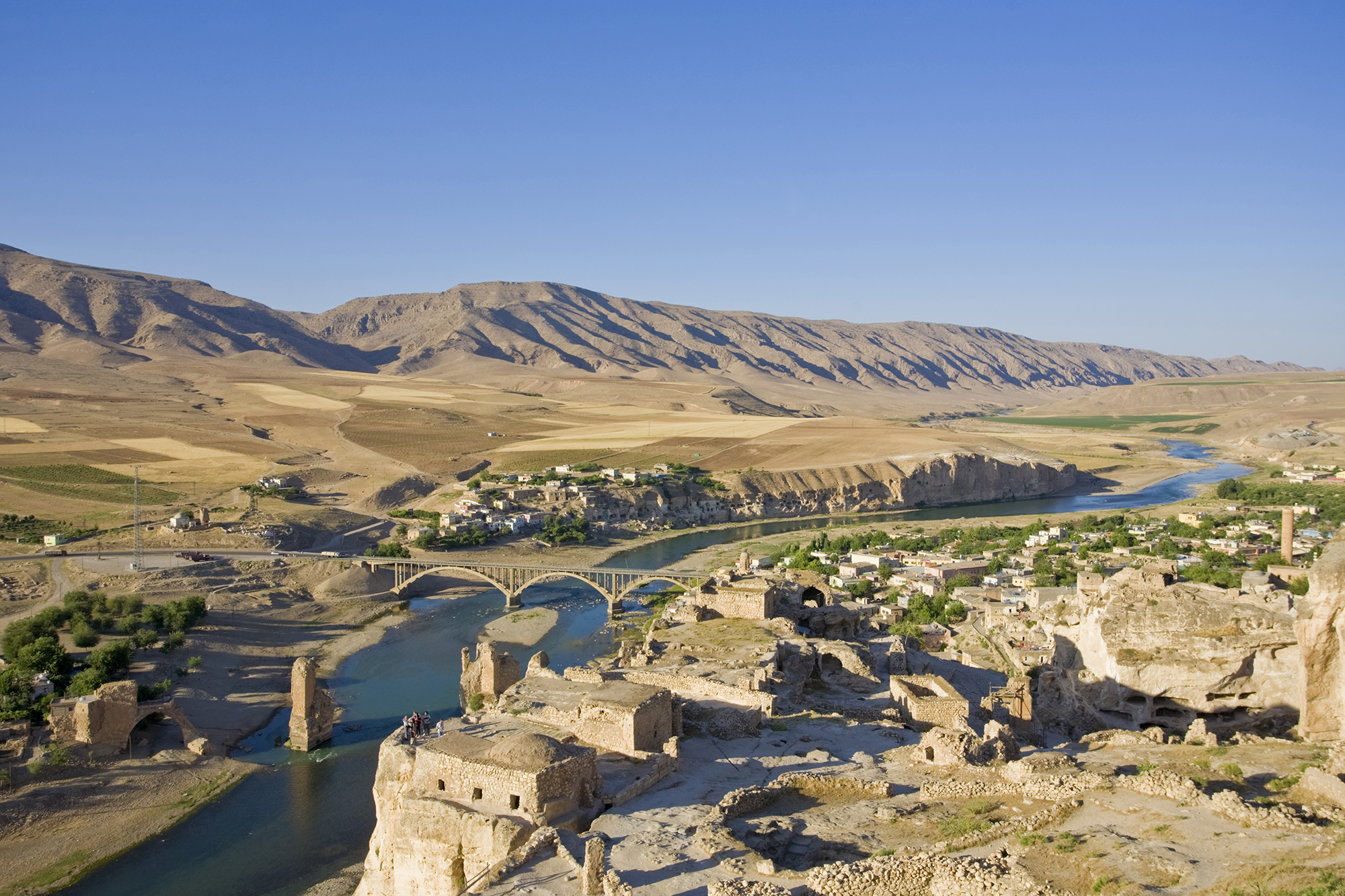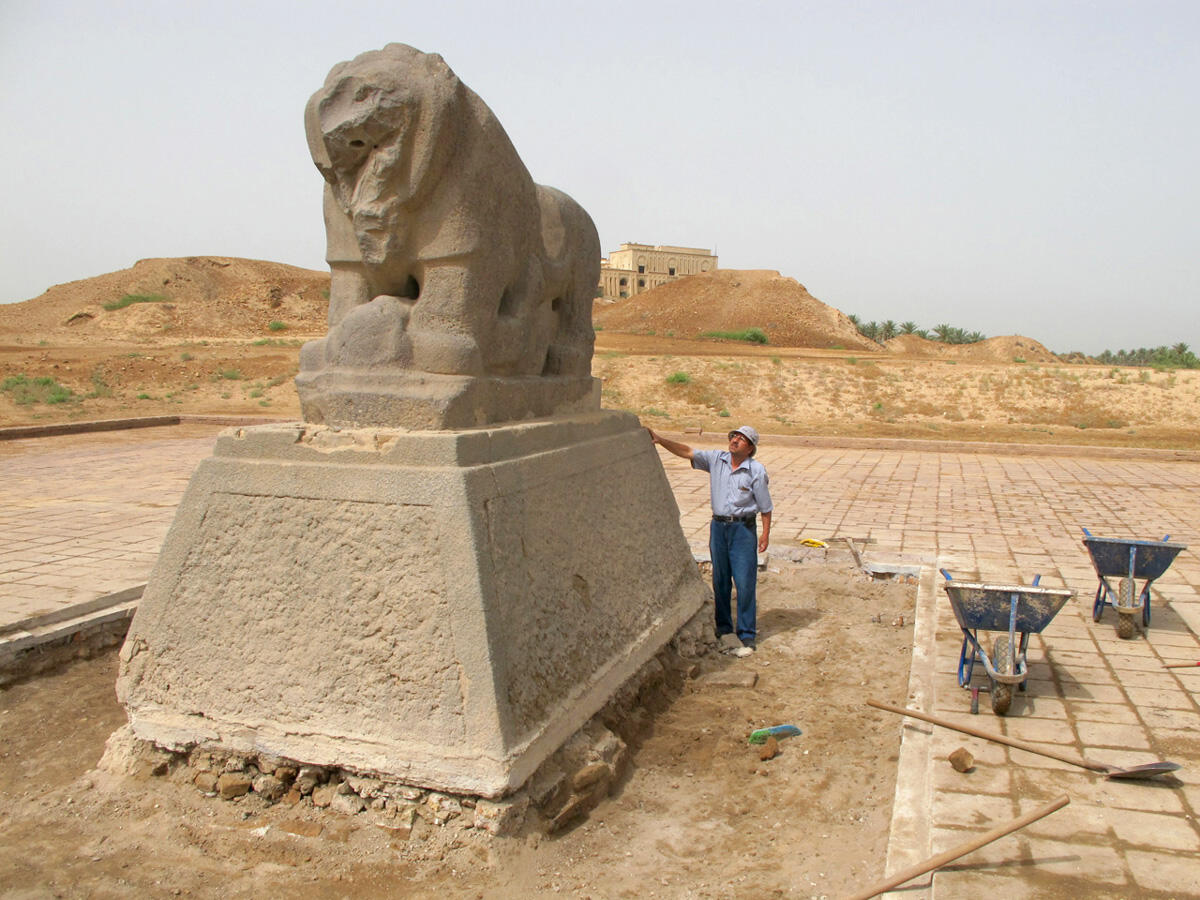
Iraq, located in the heart of the Middle East, is a country with a rich and diverse history that spans thousands of years. From ancient civilizations to modern developments, Iraq has a unique story to tell. In this article, we will delve into 18 fun facts about Iraq, shedding light on its culture, landmarks, traditions, and more. Join us on this virtual journey as we uncover fascinating details and showcase the beauty and vibrancy of this captivating nation.
Ancient Mesopotamia: The Cradle of Civilization
Iraq is often referred to as the cradle of civilization as it was home to the ancient civilizations of Mesopotamia. It is where writing, agriculture, and complex societies first emerged, making it one of the most important regions in human history.
The Hanging Gardens of Babylon: A Wonder of the Ancient World
The Hanging Gardens of Babylon, one of the Seven Wonders of the Ancient World, were believed to have been located in present-day Iraq. These gardens, known for their lush greenery and intricate engineering, were a testament to the advanced knowledge and architectural skills of the Babylonians.
Diverse Cultural Heritage
Iraq is a melting pot of diverse cultures and ethnicities. Arab, Kurdish, Assyrian, Turkmen, and other communities coexist, contributing to the country’s rich cultural fabric.
Baghdad: The City of Peace
Baghdad, the capital of Iraq, was once known as the “City of Peace.” It flourished during the Islamic Golden Age, becoming a center for art, science, and learning, and was renowned as one of the most significant cultural and intellectual hubs in the world.
The Tigris and Euphrates Rivers: Lifelines of Iraq
The Tigris and Euphrates Rivers flow through Iraq, providing vital water resources and fertile lands for agriculture. These rivers have played a crucial role in shaping the country’s history and sustaining civilizations throughout the ages.

Rich Culinary Traditions
Iraqi cuisine is a delicious fusion of flavors and influences from various cultures. From aromatic rice dishes like biryani to savory stews like masgouf (grilled fish) and dolma (stuffed vegetables), Iraqi cuisine offers a mouthwatering array of dishes to tantalize the taste buds.
Beautiful Landscapes
Iraq boasts stunning natural landscapes, from the vast deserts of Anbar and the marshlands of southern Iraq to the picturesque mountains of Kurdistan. These diverse landscapes provide a breathtaking backdrop for outdoor enthusiasts and nature lovers.
Ancient Ruins of Babylon
The ancient city of Babylon, located in present-day Iraq, was once a thriving metropolis and a center of power. Today, its ruins, including the famous Ishtar Gate and the ruins of the ancient city walls, offer a glimpse into the grandeur of the past.
The Code of Hammurabi: One of the Oldest Legal Codes
The Code of Hammurabi, an ancient Babylonian legal code dating back to 1754 BCE, is one of the oldest known legal systems in human history. It provided guidelines for governing society and addressed various aspects of life in Mesopotamia.
The Ziggurat of Ur: A Testament to Architectural Ingenuity
The Ziggurat of Ur, located in southern Iraq, is an ancient stepped pyramid that served as a religious center in ancient Sumer. It stands as a testament to the architectural and engineering skills of the Sumerians.
Marsh Arabs and the Ahwar
The Marsh Arabs, also known as Ma’dan, have inhabited the marshlands of southern Iraq for thousands of years. Their unique way of life, living in reed houses and relying on the marshes for sustenance, has been recognized as a UNESCO World Heritage Site called the Ahwar.
The Lion of Babylon: A Symbol of Power
The Lion of Babylon, a large statue of a lion discovered near the ancient city of Babylon, symbolizes power and strength. It is considered a national emblem of Iraq and represents the country’s historical significance.

Cradle of Astronomy
Iraq has a deep-rooted connection to astronomy. The ancient Mesopotamians were skilled astronomers and made significant contributions to the field, such as developing the concept of the zodiac and creating the first known star catalogs.
Literary Legacy: The Epic of Gilgamesh
The Epic of Gilgamesh, an ancient Mesopotamian epic poem, is one of the oldest surviving literary works in the world. It tells the story of Gilgamesh, a legendary king, and his search for immortality, touching upon themes of friendship, mortality, and the human condition.
Traditional Crafts: Mosul’s Copper Workers
The city of Mosul in northern Iraq is renowned for its skilled copper workers. These artisans have been crafting intricate copper and brass items for centuries, preserving traditional craftsmanship and passing down their skills through generations.
The Iraq National Museum
The Iraq National Museum in Baghdad houses a vast collection of artifacts spanning thousands of years of Iraqi history. It is a treasure trove of archaeological finds, including ancient sculptures, pottery, and artifacts from the Mesopotamian era.
1he Kurdistan Region: A Cultural Tapestry
The Kurdistan Region in northern Iraq is known for its distinct cultural identity. The region has its autonomous government and has preserved its unique traditions, language, and cultural heritage.
Iraqi Hospitality
Iraqis are renowned for their warm hospitality and generosity. Guests are traditionally treated with great respect and kindness, and it is common for visitors to be welcomed into homes with open arms and offered delicious meals and tea.
Conclusion
Iraq is a country with a rich cultural heritage, breathtaking landscapes, and a fascinating history. From the ancient wonders of Mesopotamia to the vibrant traditions of today, Iraq offers a captivating tapestry of experiences for those eager to explore its wonders. By embracing its diverse culture, ancient ruins, and natural beauty, visitors can gain a deeper appreciation for this remarkable nation.
Frequently Asked Questions (FAQs)
Is Iraq safe for tourists?
The safety situation in Iraq can vary, and it is recommended to check travel advisories and stay informed about the current conditions. Certain regions, such as the Kurdistan Region, are generally considered safer for tourists.
Can I visit the ancient ruins of Babylon?
The ancient ruins of Babylon can be visited, but it’s important to check the accessibility and safety of the site before planning a visit. Some areas may have restrictions due to ongoing archaeological excavations or security concerns.
What are some popular Iraqi dishes to try?
Some popular Iraqi dishes to try include biryani (spiced rice), masgouf (grilled fish), dolma (stuffed vegetables), kubba (stuffed meatballs), and samoon (Iraqi bread). These dishes offer a taste of the rich culinary traditions of Iraq.
Can I visit the marshlands in southern Iraq?
Yes, the marshlands in southern Iraq can be visited. There are organized tours and local guides available to explore this unique ecosystem and learn about the traditional way of life of the Marsh Arabs.
Are there any restrictions on photography in Iraq?
It’s important to be mindful of local customs and regulations regarding photography in Iraq. Some religious sites, military installations, and sensitive areas may have restrictions on photography. It’s advisable to seek permission when photographing individuals or private properties to respect local culture and privacy.
Was this page helpful?
Our commitment to delivering trustworthy and engaging content is at the heart of what we do. Each fact on our site is contributed by real users like you, bringing a wealth of diverse insights and information. To ensure the highest standards of accuracy and reliability, our dedicated editors meticulously review each submission. This process guarantees that the facts we share are not only fascinating but also credible. Trust in our commitment to quality and authenticity as you explore and learn with us.
